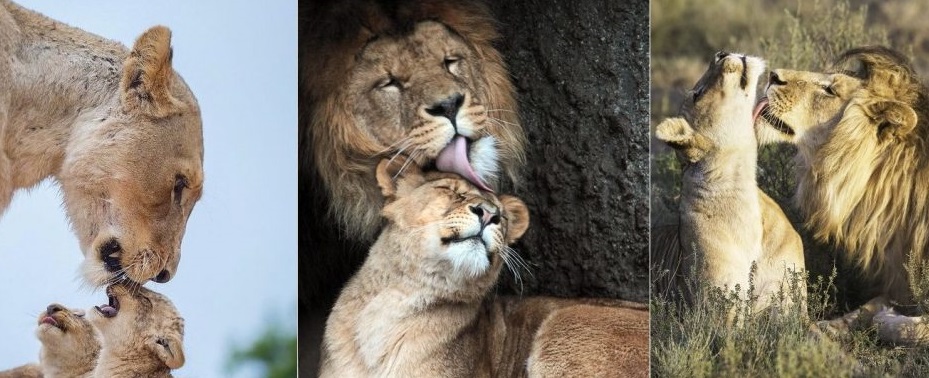The Gir National Park and Wildlife Sanctuary, located in Gujarat, India, is the last remaining stronghold of the Asiatic lion. And also it is the major reason for the growing tourism in Gir but the increasing number of lions in the park comes with great concerns. Concerns regarding the safety and well-being of the lions, which leads the officials to the decision of relocating the lions.
So in this blog, we are going to discuss the agenda of relocating the lions from Gir and what concerns are going to come up with the decision.
Reasons Behind Relocating the Lions from their Largest Home in India:
1. The Risk of Inbreeding that Can Lead to Genetic Abnormalities: The major reason behind the relocation is the concern that inbreeding can lead to genetic abnormalities and can badly affect the immune systems in lions. The relocation can reduce this serious concern and can help in protecting the immune system of the lions.
During the era, when hunting was really common and was considered a noble and showcase of power, only a dozen of lions were left in the forest in the years in the early 1900s. So there is a high chance that the lions share a very high degree of genetic similarity in this national park. Which is why it is a potential risk to their long-term survival.
Relocation of lions to other parts of the country can help in reducing inbreeding as they will be introduced to new genetic material to the population which will increase genetic diversity. This will not only improve the health and strength of the lion population in Gir, but it will surely be a good idea for the future survival of the lions as well.
2. Due to the Increase in the Number of Lions in the National Park, the Ecosystem is Being Affected: as the number of tigers increases in a forest it is somehow affecting the ecosystem as well so it is also another reason for the relocation of lions. As it can help in reducing the pressure that has been created on the Gir national park’s ecosystem, a s now number of lions that exist in the national park is more than 500 hundred which is way too much for the area the national park covers (1,410 square Km).
This large population puts a strain on the park’s resources, which is leading to more conflicts in the park with local communities and other wildlife as well. So this relocation is a hopeful move to reduce the pressure and create more space for the other wildlife and other lions as well.
How Relocation Can Help?
Relocation has many other advantages as well other than protecting the survival of lions (though it is a major reason). The relocation of lions can help in tourism, as the parts where these lions will be relocated will become a major part of tourism. These new parts will be converted into new tourism opportunities and spots which will benefit the country economically and it will also help the locals to get employment as well. As these locals can pursue the professions like tourist guides and provide services like safari to tourists who are ready to pay high fees for them.
Concerns with Relocation:
● Every decision comes with pros, cons, and risks. So does the decision of relocating lions. The relocation of lions is one of the biggest controversies for people who love nature, and wildlife, and for conservationists. Some conservationists argue and claim that the relocation could be the biggest risk to the lives of the lions of Gir. as the new location might not be a good fit for the lions of Gir and they might not adapt to the new environments and can also face high competition for the needful food from other animals.
● And this is not the only concern that they might face due to this but there is one major concern as well. As there is a high chance that the relocation can throw some negative impact on the social and cultural significance of the lions of Gir because these lions are considered a symbol of power and strength.
What Can Be Done for These Concerns?
And considering the concerns mentioned above the officials choose the parks of relocation (where they are going to relocate the lions) very carefully. The factors they kept in mind while selecting the locations are mentioned below:
● Habitat suitability
● The presence of other large predators.
● The official also worked closely with local communities so that they can ensure that the relocation process is managed in a way that there will be very less chances of disruption and can high chance of benefits for all involved.
Conclusion
The relocation of lions from Gir National Park is a complicated issue for the locals and other wildlife officials because it raises some very important questions about the protection of lions and other wildlife. Lions are the major reason for the popularity of Gir national park and as advice, I would suggest visiting the national park now as it is the Best time to visit Gir before they relocate the lions.

